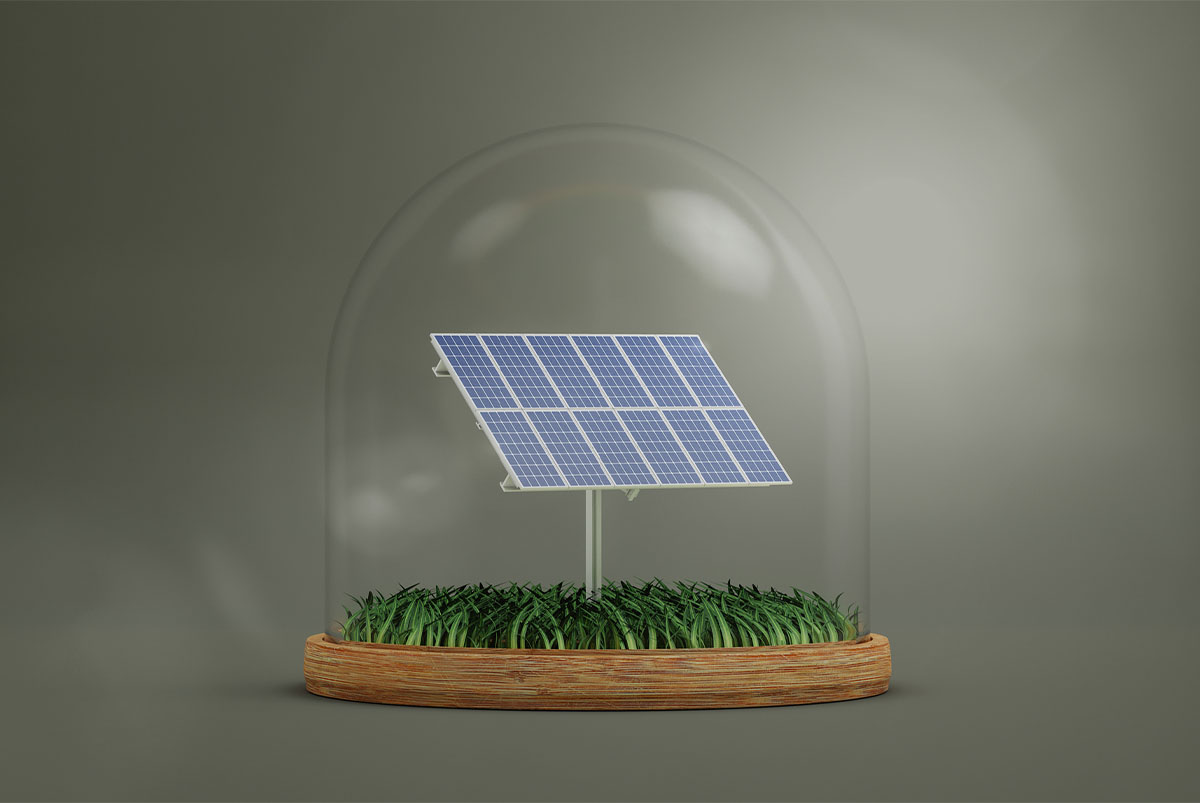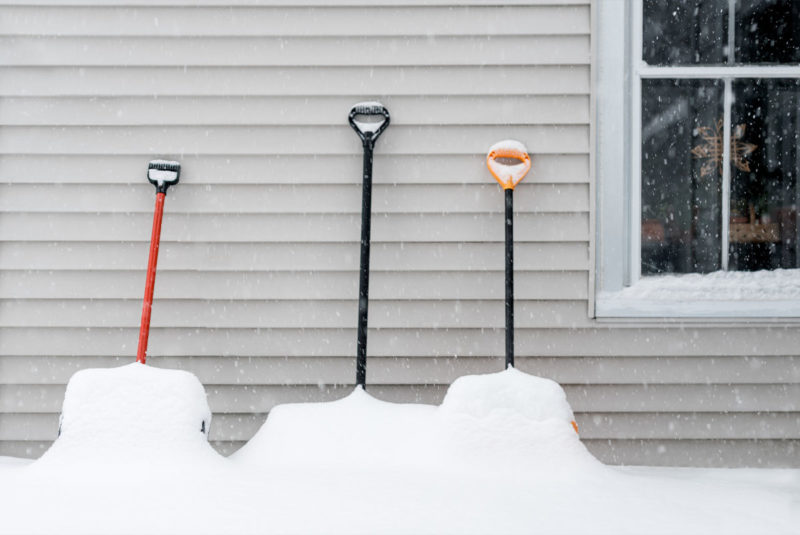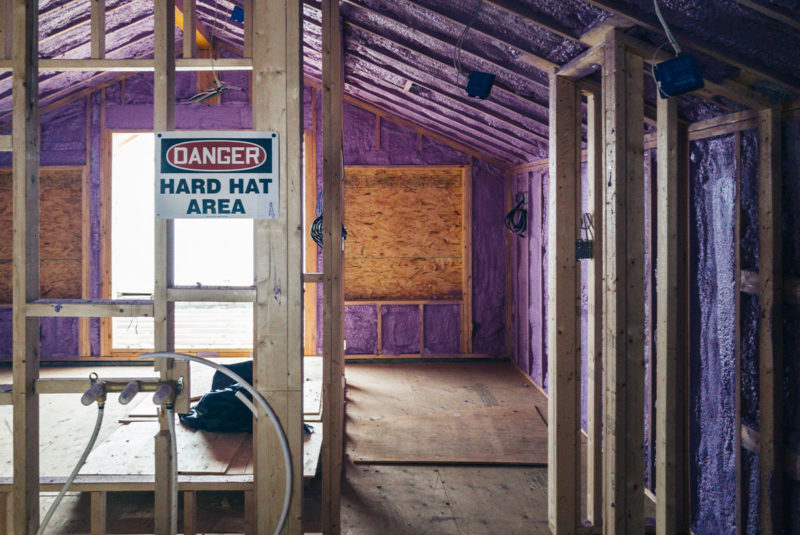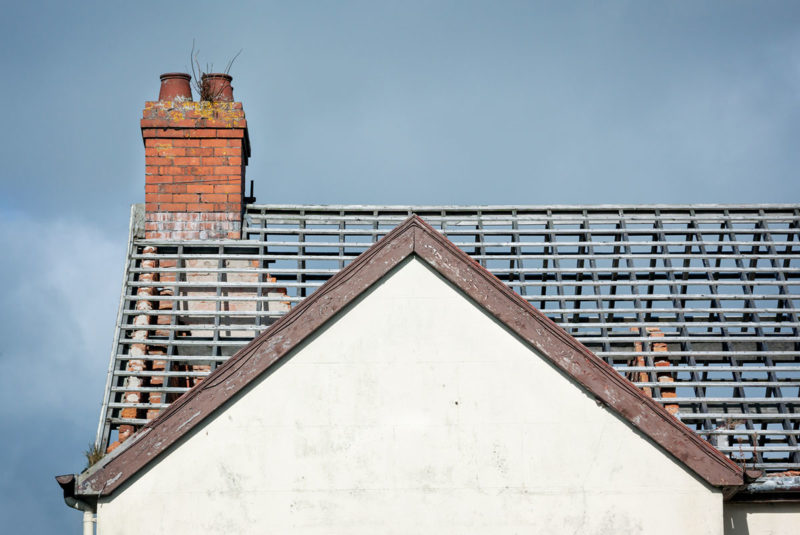Have you been thinking about going solar? You’ve seen the commercials and are excited by the prospect of joining the renewable energy revolution, lowering your electric bills and doing your part to save the environment. But you can’t greenlight the purchase yet because you don’t know whether to lease or buy solar panels.
It’s a tricky question, and there’s no easy answer. Leasing and purchasing have pros and cons. Ultimately, it comes down to what makes the most financial sense for you.
Our take is that it’s better to buy than lease a solar power system. But, honestly, that depends on whether you have cash on hand to buy a solar system. For many of us, that would be hard in this economy.
On the other hand, leasing requires little to no money down and can be a great way to sidestep high upfront costs.
To help you make an informed decision, we’ll dive into the leasing vs. buying debate and explore each option’s strengths and shortcomings.
Leasing vs. Buying Solar Panels
Buying solar panels will mean parting ways with a large sum of money upfront. On average, homeowners pay about $20,000 for a solar panel system.[1] And that’s not even counting the cost of installation.
But once you complete the purchase, you’re free and clear. You’ll be the proud owner of a solar panel system and have no other payments to worry about. Your electric bill would lower dramatically, and if you managed to power your home with 100% solar energy, your electric bill could be $0.
If you decide to lease, you’ll make monthly payments to a solar leasing company for the next 20 – 25 years. And if the lease has an escalator clause, your monthly payment will go up over the lease’s term.
How long you plan on living in the home should help you decide whether to buy or lease. If you want solar panels but plan on selling your house in 10 years, it might not make sense to lease. If you purchased the solar panels outright, you could sell your home at a higher resale value because of the solar panel system.
Buying Your Solar Panels: Pros and Cons
Paying for a solar panel system will cost a lot of money upfront. But don’t dismiss the idea until you’ve considered the advantages of owning your solar panel system.
Here are some pros – and cons – you should consider:
PROS of Purchasing Solar Panels 👍
Buying a solar panel system will give you the fastest return on investment. You can start seeing savings on your energy bills right away, and you’ll boost your home’s resale value.
Buying solar panels makes you eligible for a solar tax credit or rebate. You can deduct a portion of the solar panel system’s cost from your taxes. You can also receive a 30% solar investment tax credit to offset the cost of installation.[2]
The independence you get from buying solar panels is priceless. If you lease, you must make monthly payments (which may increase over time). If you buy, the solar panel system is yours to keep and enjoy for as long as you own the property.
CONS of Purchasing Solar Panels👎
You will need a large, upfront sum of money to buy the solar panel system.
A lease agreement usually includes maintenance and repairs. If you buy a solar panel system, maintenance and repairs become your responsibility. That maintenance bill could get expensive if something major goes wrong with the system.
The solar industry is constantly evolving and improving – and that’s a good thing! But it also means your solar panel system could become outdated in as few as 5 years. If you lease, you can upgrade to the latest and greatest technology. If you buy, you’re stuck with what you have until you replace the system.
Leasing Solar Panels: Pros and Cons
You might be considering a solar lease or power purchase agreement instead of buying a solar panel system. Before you sign on the dotted line, you need to understand the advantages and disadvantages of leasing.
Because you don’t own the solar panels, you must make monthly lease payments for the next 20 – 25 years. If your savings are low or you need the money for something else and don’t want to take out a loan, leasing might be the way to go.
We’ve made a list of the pros and cons in case you decide to lease:
PROS of Leasing Solar Panels👍
With a lease, all you need to do is sign an agreement and make the first month’s lease payment. That could be a few hundred dollars instead of the several thousand dollars you would need to purchase a home solar system.
When you lease your solar panel system, the lease agreement generally includes maintenance and repair services. So if something goes wrong, you don’t need to worry about the repair bills.
CONS of Leasing Solar Panels👎
The downside of leasing solar panels is that you don’t own the system. You are stuck with the leasing agency even if their terms become unfavorable down the line.
When you lease a solar panel system, the leasing company owns the system and can claim any available tax credits or rebates. That means you won’t get any of the financial incentives that could make solar more affordable. Leased solar panels aren’t tax deductible or eligible for the federal solar tax credit or other clean energy credits. In the long run, this can make them more expensive than buying them outright.
Your monthly payments are generally fixed for the first few years of the lease. If your lease agreement contains an annual price escalator, your payments will increase by a set percentage every year.
Your monthly lease payments could go up significantly over the life of the lease, potentially making leasing more expensive than buying. Over 20 – 25 years, you’ll likely spend tens of thousands of dollars.
If you’re leasing your solar panel system and want to sell your home, you may have difficulty finding a buyer willing to take over the lease. That could make it harder to sell your home. You could try getting out of your solar panel contract, but that could be challenging and expensive.
Other Ways To Pay for Solar Panels
If a significant outlay of cash upfront is an issue, there are other options besides opting for a solar lease, including financing your solar panels:
Home equity loans
If you own your home and have some equity built up, you can use a home equity loan to finance your solar panel system, borrowing against the equity in your home to pay for the system.
Solar loans
Solar loans – which you can only use to finance solar panel systems – are similar to long-term personal loans. They have fixed interest rates, and you repay the loan through a set number of monthly payments.
Because solar is a good investment, many lenders will offer solar loans with low interest rates. Consider taking advantage of these rates and getting a loan to finance your solar panel system. Just be sure to shop around for the best interest rate and terms.
Buy if You Can
It’s your choice to lease or buy a solar panel system. But if you can afford it, buying is always a better option. You shouldn’t forfeit the tax breaks and other financial incentives that owning your system offers. But if you don’t have the cash to buy solar panels, you can take advantage of loans and other types of financing.
It takes green to go green. Whether you pay upfront or over time, if you’re serious about going solar, don’t let the cost stop you. It will be good for your wallet – and the planet.
The Short Version
- Buying solar panels will mean parting ways with a large sum of money upfront
- With a lease, all you need to do is sign an agreement and make the first month's lease payment
- Buying solar panels makes you eligible for a solar tax credit or rebate
Solar Energies Industries Association. “Solar Industry Research Data.” Retrieved October 2022 from https://www.seia.org/solar-industry-research-data
Office of Energy Efficiency and Renewable Energy. “Homeowner’s Guide to the Federal Tax Credit for Solar Photovoltaics.” Retrieved October 2022 from https://www.energy.gov/eere/solar/homeowners-guide-federal-tax-credit-solar-photovoltaics




